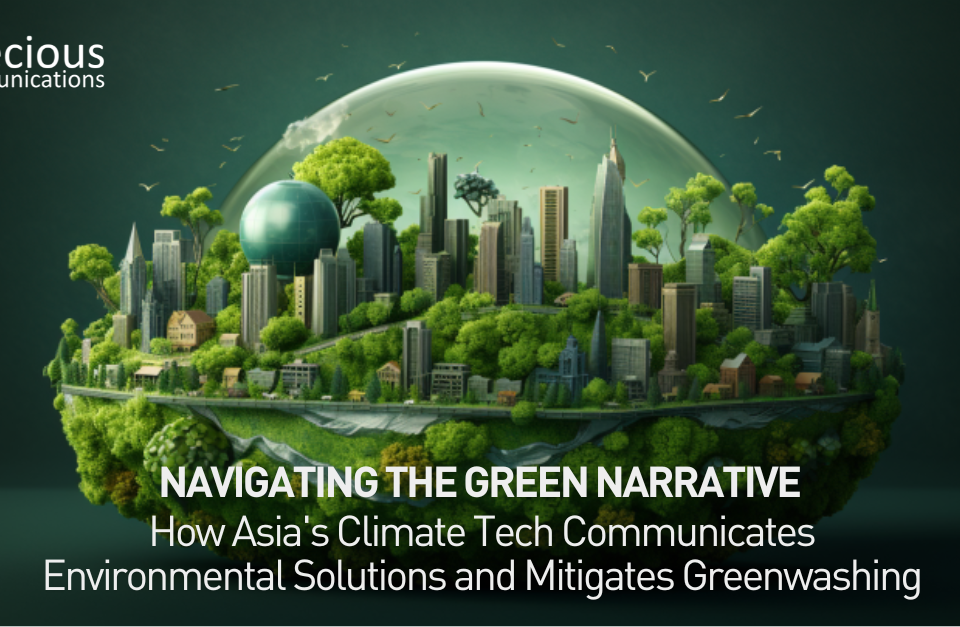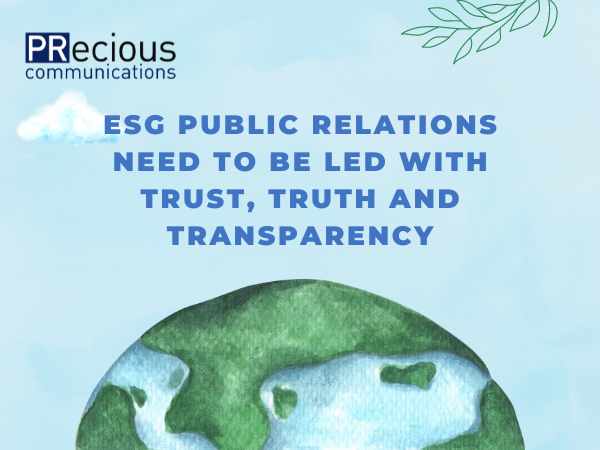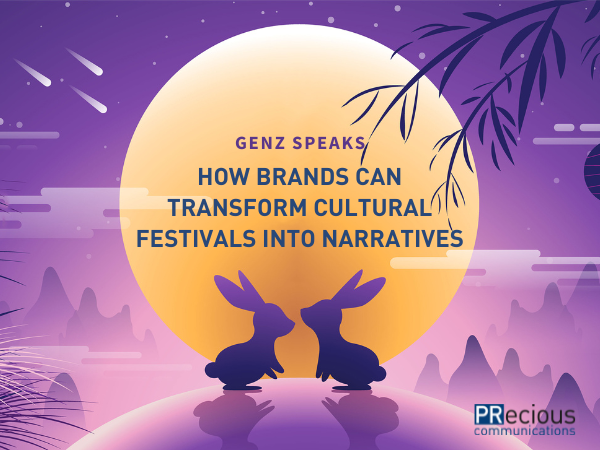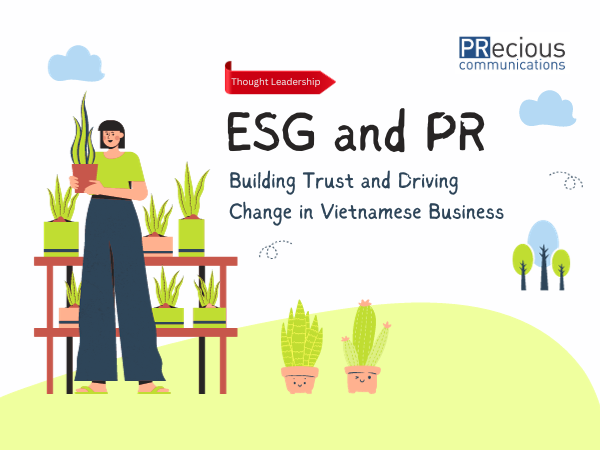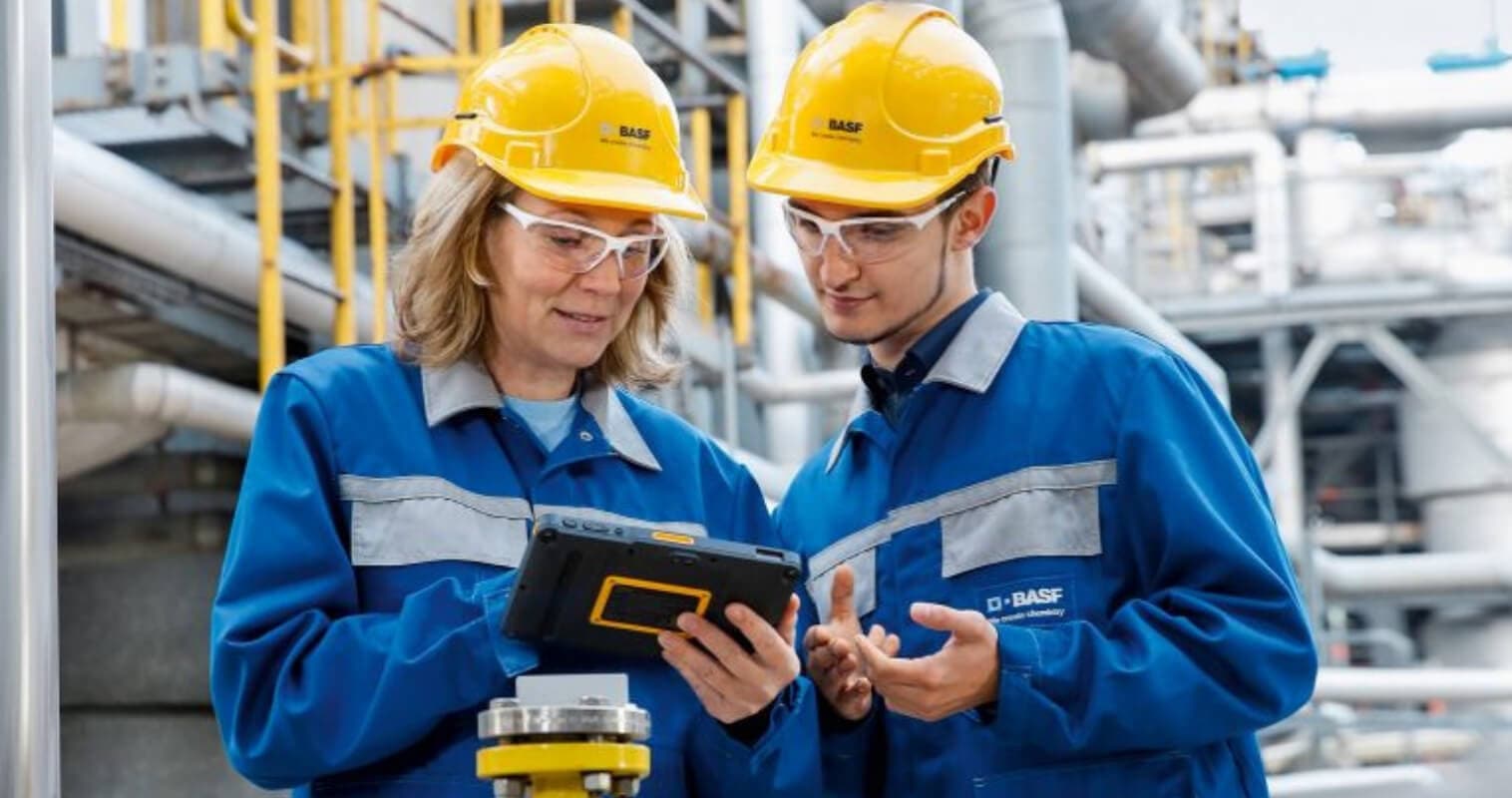Views From the Top: Sustainability Trends Across Industries and Their Impact

Breaking Down the Communications Great Wall to Realise Success in Southeast Asia
May 6, 2021
Inching Closer to Real Engagement and Conversion Through Livestream Social Selling
June 3, 2021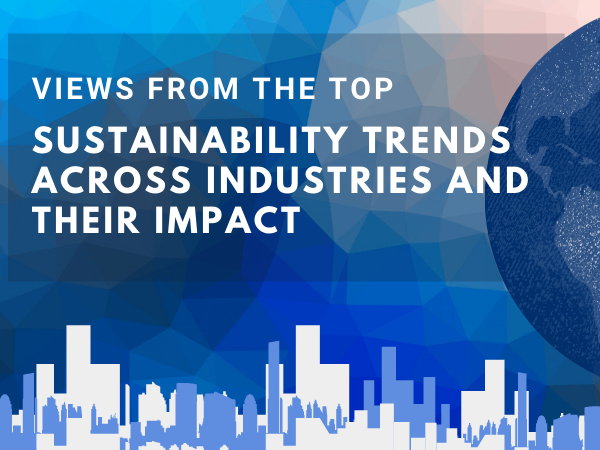
Climate activists such as Greta Thunberg have set the stage for conversations around climate change and the call to climate action. However, realising the green vision and accelerating the restoration of global ecosystems would still depend on the concerted efforts across industries as startups, consumers, enterprises and governments work hand in hand to drive significant impact.
In light of Earth Day, we asked a few experts from PRecious to weigh in on the biggest sustainability trends they are seeing so far in the industries their clients are involved in, and how these impact society on a bigger scale.
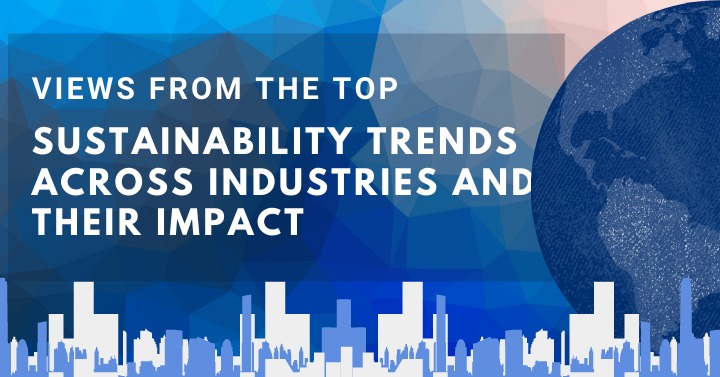
Integration of macro and micro sustainability trends

The interesting part about sustainability is that it has to be macro and micro at the same time. If governments and brands don’t succeed in bringing citizens and consumers on board to contribute, any macro initiative will be not enough by results or acceptance. That’s where the story gets interesting – from discussions about supermarkets charging for plastic bags in Singapore (which is the norm in many Western countries like e.g. Germany) to brands like Adidas looking at making their shoes more recyclable and launching more environmentally-friendly products with polarizing slogans like “this shoe alone will not save the earth”.
We see more and more companies choosing to align themselves in one way or another to the sustainable vision – be it media platform Tech in Asia turning carbon neutral in time for Earth Day or Heineken being very aware of the impact it has e.g. on water consumptions in certain territories it operates in, mapping its operations against six out of the total of 17 UN Sustainable Development Goals.
Overall we have governments realising that they have to act and threatening or enforcing higher standards, consumers and activists demanding more responsible behaviour from brands and institutions – and what might actually have one of the biggest impacts after all: Shareholders are getting more serious about sustainability – often put under the umbrella of so-called ESG (Environment, Social and Corporate Governance) investments, measuring and acknowledging the impact of investments on sustainable and societal impact.
Contributed by Lars Voedisch, Founder and Managing Director
Sustainability as being core to business efforts

Sustainability is no longer just a good to have; it is now core to business efforts. We are now seeing more products and services built from the ground up with sustainability in mind. This might be due to some external factors such as reporting requirements, but we’ve come to realise that these are built with a careful consideration of real business goals and long-term profitability.
The current pandemic has also instilled a sense that businesses need to play a part in the community that they are in. We’ve seen how many businesses extend support not just to their employees but also the larger community during the pandemic. I believe that that same impetus and drive has led to a movement where sustainable sourcing and its impact on the larger environment are becoming a necessity for businesses.
Contributed by Clarence Lim, Practice Head, INC
Sustainability is not cheque-book philanthropy
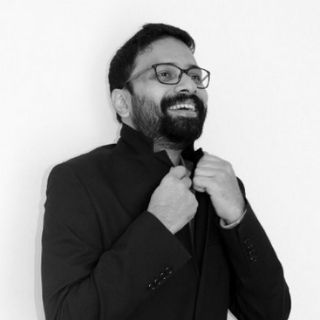
Strategic corporate sustainability and social responsibility is no longer just cheque-book philanthropy. It should be about investing for impact. Technology brands need to proactively transition from the philanthropy orientation towards strategic CSR/sustainability. We are seeing some positive initiatives among our clients – organisations adopting science-based targets to realise carbon-neutral operations.
Sustainability should also not be limited to environmental aspects; it should also have a far-reaching impact on other areas as well – such as quality, diversity and inclusion, and ethical business practices. Sustainable business practices will be key to remaining relevant and building competitive advantage.
Contributed by Rajiv Menon, Practice Head, Edge
Sustainability is in our hands

In the past, building sustainability was something that’s limited to CSR programs. However, sustainability has since become a key strategy in businesses. Large organisations across industries are now coming up with greener initiatives.
The energy sector is focusing on harnessing renewable energy sources such as solar and wind. Retailers across Thailand are encouraging consumers to bring their own bags, to reduce plastic waste. Those involved in industries such as home care and computer accessories are now using reusable plastic in packaging their products. Those in the automotive sector are now into EV vehicle production. Even those involved in the OTOP programme are using food boxes derived from plant leaves.
Consumers themselves are adopting a more eco-friendly lifestyle, supporting products from brands that practice sustainability and responding to the call to climate action in their own ways: using their own glass when buying iced coffee; reducing electricity consumption; using lunch boxes or Bento boxes to buy meals.
Contributed by Busakorn Srisongkhroh, Thailand Market Lead
Continuity, consistency, communication
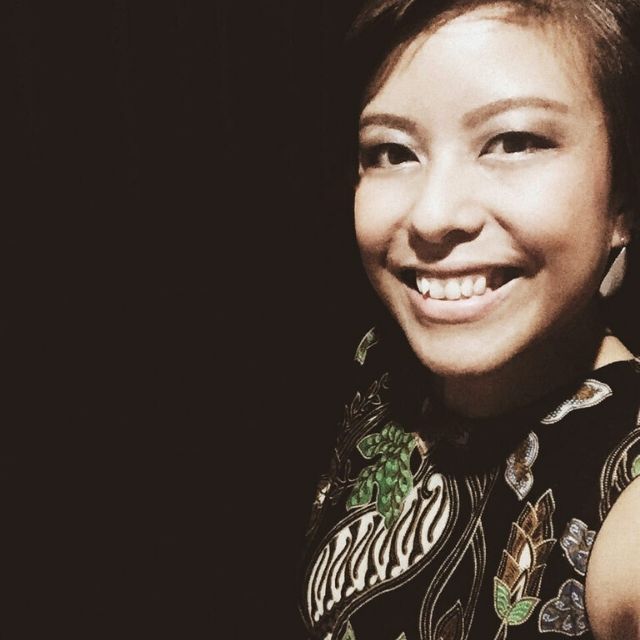
Driving consistent actions and educating about sustainability is still a big challenge until today, as practicing eco-friendly habits is still something “reactive” for most consumers. The climate change movement is more pronounced in major cities. Efforts such be taken to ensure that people in other areas are able to better adopt a “sustainability mindset” – and this is a pressing challenge, given the pandemic.
While there have been improvements around sustainability education in Indonesia, there’s still a lot to be done: Stakeholders need to move hand in hand to be able to actualise the great vision of sustainability. Driving synchronisation, continuity and consistency – plus effective communication – is the only way to reach this vision.
Contributed by Joyce Rodwina, Indonesia Market Lead
